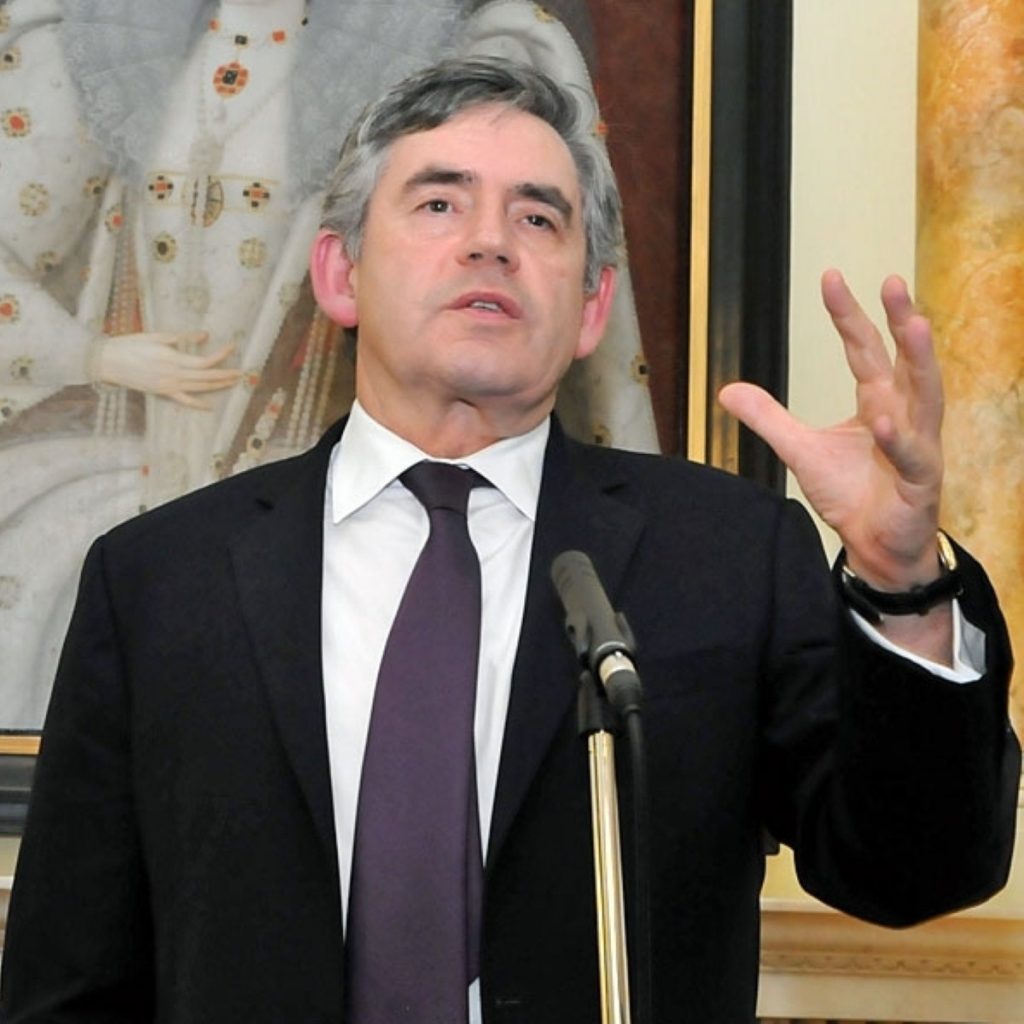Brown offers himself up for pre-election Iraq grilling
By Ian Dunt
Gordon Brown’s may appear before the Iraq inquiry before the general election, it emerged today.
The prime minister had previously hidden behind the inquiry’s decision to only call him after the election as a reason for not attending before the country went to the polls.
But during PMQs today he revealed he had written to Sir John Chilcot saying he was happy to give evidence at any time.


This afternoon Downing Street released copies of the short letter.
“I am clear that it is a matter for you how you conduct the inquiry and that it is, and must remain, entirely independent of government. In undertaking this you have rightly chosen the order you wish to receive evidence,” the prime minister wrote.
“For my part, I want to make it absolutely clear I am prepared to give evidence whenever you see fit.”
The emergence of the letter will bring cheer to opposition parties, including the Tories, the Liberal Democrats and the Scottish National party (SNP), who had all urged to the prime minister to appear before polling day.
“We welcome the fact that the prime minister has finally done what we have called for and what the British public expects and made himself available to the Iraq inquiry at any time,” shadow foreign secretary William Hague said.
“We hope that this will now pave the way for Sir John Chilcot to call on the prime minister to give evidence before the general election.”
But Lib Dem leader Nick Clegg remained unimpressed.
“Gordon Brown has done little or nothing to change his position,” he said.
“He must insist, on behalf of the British people, that he appears at the inquiry before the election.”
The develop comes a day after former defence secretary Geoff Hoon, who recently attempted to unseat Mr Brown in a coordinated coup attempt with Patricia Hewitt, suggested Mr Brown had not provided the necessary funds for the conflict before it began, in 2003.
The then chancellor also cut budgets after the war, meaning additional helicopters which could have also been used in Afghanistan were absent.
“I suppose it’s reasonable to assume that, had that budget been spent in the way that we thought it should, those helicopters would probably be coming into service any time now,” Mr Hoon said.












